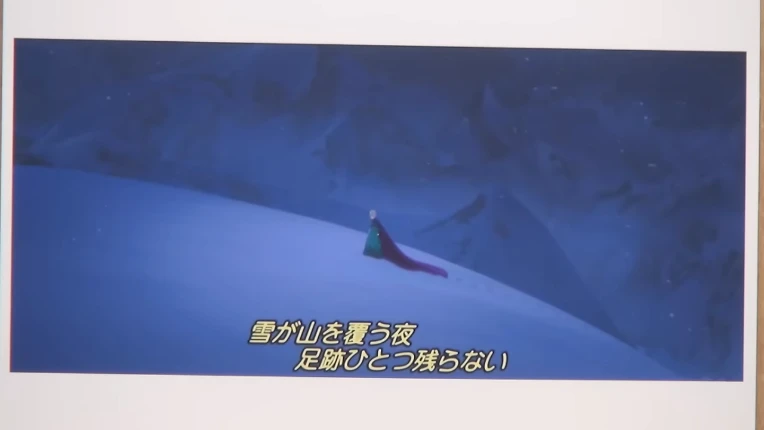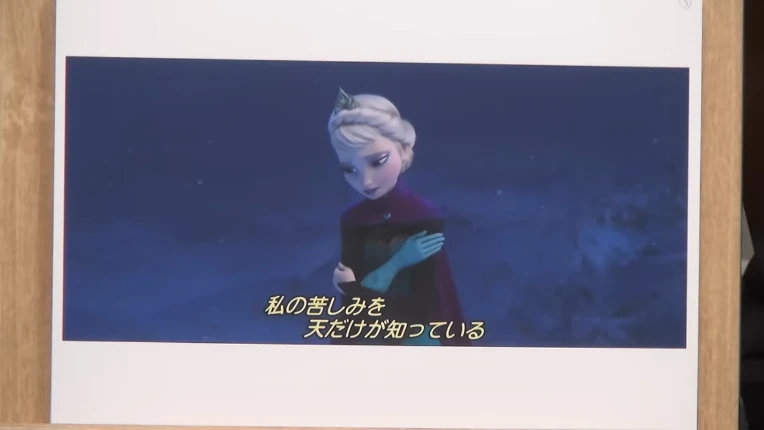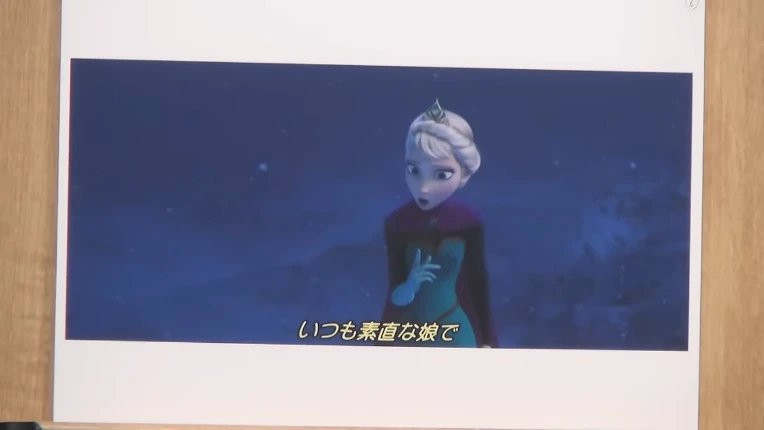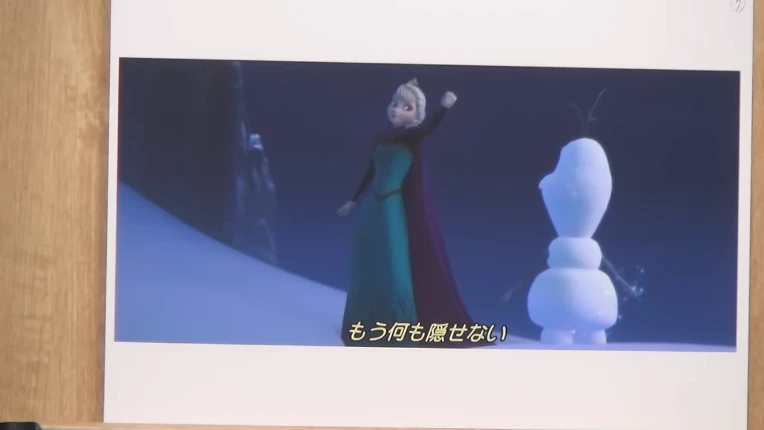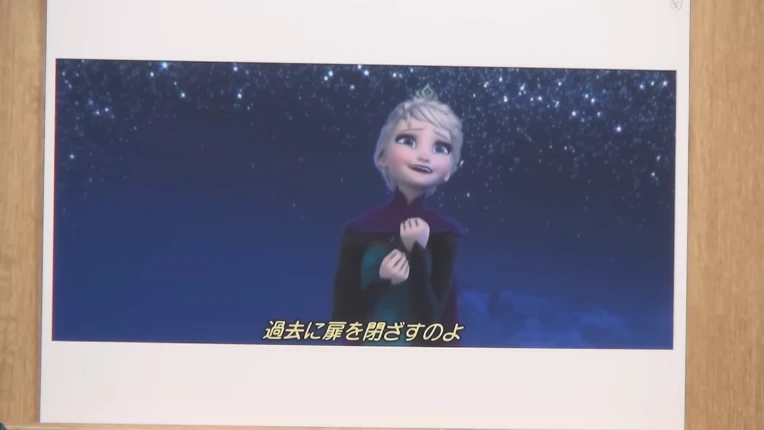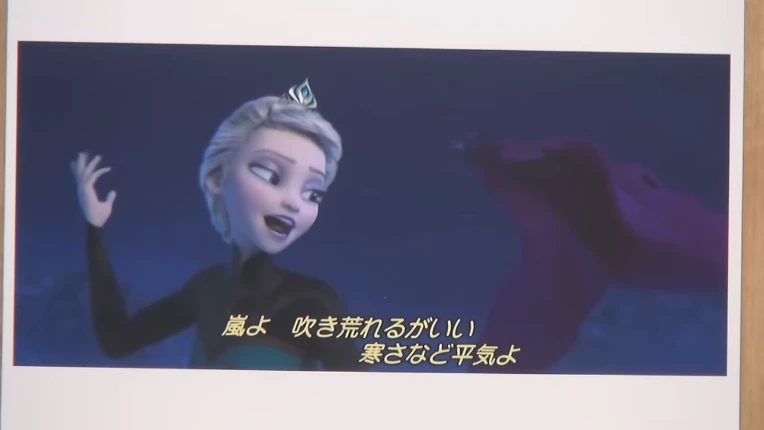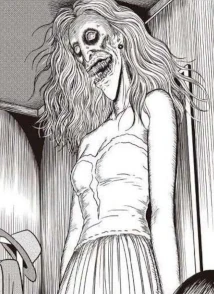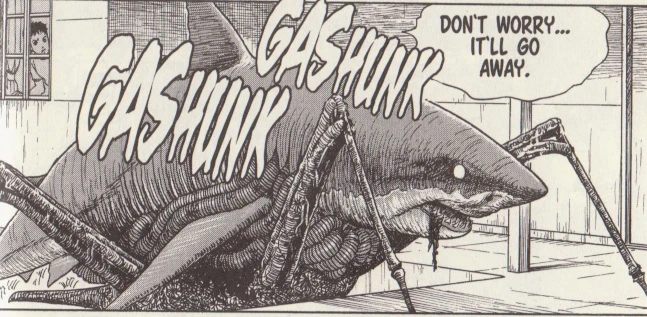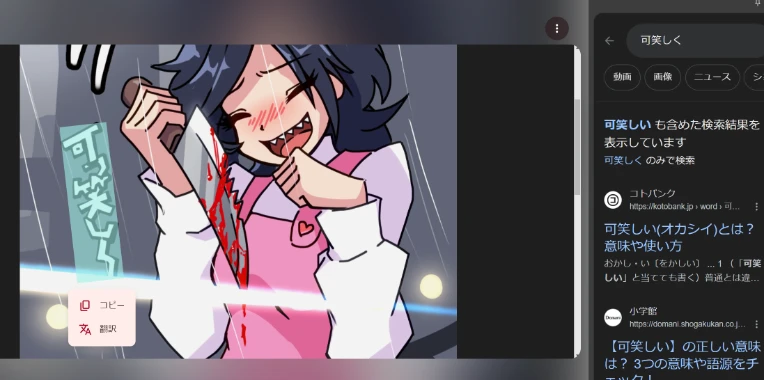Happy New Year! How have you been?
I hope this year will be another one in which I can observe the complex and beautiful things that exist on Newgrounds and in this world, and create "delicious" art that everyone can enjoy.
Also, thank you, @anymany, for buying me a year's subscription to Newgrounds Supporter! I really appreciate it.
For this very first article of the new year, I'd like to introduce a concept proposed by a sociologist I greatly respect, Toshio Okada.
[Reference] OTAKING explains 4-type (人生を楽にする「4タイプ」で理解するあなたと他人)
Toshio Okada once proposed a method for classifying personalities into four types. According to him, all human personalities can be classified into these four types, regardless of nationality, age, or gender. Furthermore, he claims that in any community you belong to, people of each type are generally evenly distributed. Toshio Okada is one of the founding members of GAINAX and has been involved in the anime industry. However, he is not an expert in psychology, and as far as I've been able to find, there are no academic papers based on his ideas. So I have my doubts about the credibility of this classification method. Nevertheless, I like this way of thinking.
A long time ago, I created a (silly) visual novel called Pat Pat Drama Club. At that time, I "designed" the characters to have as different personalities as possible to make the story more interesting. And after I finished the script, I realized something surprising: the four characters just happened to fit perfectly into Toshio Okada's classification of four personality types. If you ever get a chance to play my game, you'll easily be able to see which character from PPDC - Momoko, Sana, Yuki, or the protagonist - corresponds to each type in Okada's classification. Even if you are not interested in my game at all, it would be interesting to think about which type corresponds to which Hogwarts dormitory in the Harry Potter series, Gryffindor, Hufflepuff, Ravenclaw, and Slytherin. However, please keep in mind that Okada and probably J.K. Rowling-sama don't want to say that one type is superior to another, but probably want to say that each type has unique pros and cons.
Unlike Okada and J.K. Rowling-sama, I'm not a professional storyteller. However, this incident made me think that this classification of four types may have been derived from a somewhat rational idea. Whether it has psychological value or not, I personally think it is natural for someone like Okada who is deeply involved in storytelling to come up with this concept, and if you happen to be someone who is involved in story creation, this classification could provide insight such as "If you arrange your characters based on this concept, your story might become even more interesting."
Okada's Four Type Classification
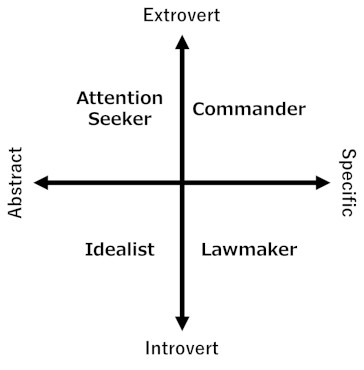
Okada's four type classification uses a coordinate system as shown in the diagram.
The horizontal axis classifies whether you tend to think about things in a "specific" or "abstract" way. Okada explains this as follows: "Specific people think about things numerically, while abstract people think about things sensationally."
The vertical axis labeled "Extrovert" and "Introvert" has roughly the same meaning as defined in an English dictionary, but Okada goes on to explain that when an event occurs, extroverts look for external causes, while introverts look for internal causes.
Okada explains each type as follows:
Commander (specific, extrovert)
This type has leadership qualities and is caring and ambitious. However, they have one weakness: they firmly believe that if you're not successful, it's because you're not trying hard enough. They are convinced that with enough effort, anyone can become a Bill Gates or a Steve Jobs, and they tend to impose this belief on others indiscriminately.
In addition, Commanders often prefer fashions that emphasize their strengths. For example, if you are a muscular, burly man, you are likely to always wear clothes that accentuate your body contours.
Attention Seeker (abstract, extrovert)
This personality type gets along with everyone, is attention-seeking, and has a childlike need for affection. They place the highest value on maintaining good relationships within their community and will do anything to liven up a party. For example, during a card game with several people, Commanders will focus solely on winning, while Attention Seekers, upon noticing someone who keeps losing, may deliberately lose the next game to avoid hurting that person's feelings. However, they have one drawback: they are overly afraid of being excluded from the group and need constant reassurance that they are needed.
In addition, Attention Seekers tend to dress in bold and eccentric fashions.
Lawmaker (specific, introvert)
In this classification, the term "law" is not a political term, but a scientific term that refers to the similar meaning of "principle". This personality type finds the greatest joy in understanding, discovering, or hypothesizing the "laws" of things, which makes them a scientist-like figure. If Commanders say, "Any dream can come true with effort," Lawmakers would counter, "There are limits to what humanity can do. Why don't you understand that?" When a family member dies, others would mourn their loss, but Lawmakers think, "Everyone dies... And I will... First of all, what is 'life' as the counterpart of 'death'? ...Um, it's hard to think," and are unlikely to share their thoughts with others. As you can see, Lawmakers tend to appear cold, unemotional, and almost "alien" to others.
In addition, Lawmakers tend to dress in a way that blends in with their surroundings or have little interest in fashion at all.
Idealist (abstract, introvert)
This personality type has a strong and unwavering "ideal self image" and devotes all of their energy to achieving that ideal. When creating something, they obsess over even the smallest details that may not affect the quality of the work from the perspective of others. And if they want to become a "true American," they would adjust all aspects of their lifestyle to follow the American way and believe that deviating from it is unacceptable. As a result, an Idealist has the potential to become a highly skilled creator or performer, but their perfectionist nature, as mentioned earlier, can also lead to the loss of friends.
In addition, Idealists prefer unique fashions that reflect their own values. In this sense, they can truly be called "fashionable".
The Clockwise Law and the Diagonal Law
Now, based on the explanations so far, which type do you think you belong to? After reading this, some of you may feel that you clearly fit into one type, while others may feel that you belong to several types, or perhaps none at all. If you're not sure which type you are, try using the two rules, the Clockwise Law and the Diagonal Law, to classify yourself. Simply put, it's "who you like and who you tend to avoid.
Okada claims that the four personality types follow the Clockwise Law. Specifically, this law suggests that you tend to like the type of person who is adjacent to your own type in a clockwise direction, while you tend to dislike the type who is adjacent to your own type in a counterclockwise direction. Here's how it works:
- If you are a Commander, you probably admire Lawmakers who make cool, well-reasoned judgments and always give precise advice, while you tend to look down on Attention Seekers who seem only capable of ingratiating themselves with others.
- If you are a Lawmaker, you probably admire Idealists who have exceptional artistic talents and tend to look down on Commanders who lack their observational skills and impose their specific beliefs.
- If you are an Idealist, you may admire Attention Seekers who appear to have a fun and social life surrounded by friends, because you have probably lived a more solitary life. On the other hand, you may look down on Lawmakers who seem cold, unemotional, or even like robots or aliens.
- If you are an Attention Seeker, you are likely to admire Commanders who are strong and reliable, while you tend to look down on Idealists who are stubborn, lack social harmony, and seem uninterested in making friends.
Okada also mentions the "Diagonal Law," which suggests that you will struggle greatly to understand individuals who are positioned diagonally from you and tend to view them as entirely different beings:
- If you are a Commander, you cannot understand Idealists who put their own ideals first, even when it is clear that they will not be recognized by others.
- If you are an Idealist, you cannot understand Commanders whose actions are driven only by external validation, even at the expense of personal feelings.
- If you are a Lawmaker, you cannot understand Attention Seekers whose arguments are based on emotions rather than objective facts.
- If you are an Attention Seeker, you cannot understand Lawmakers who discuss everything as if it were someone else's problem.
Okada also states that although diagonal people are unlikely to understand each other's principles of behavior, if they can accept each other's differences and get along, their friendship can last a long time.
Is There a 4-Type Diagnostic Test?
In fact, Okada did create a test to determine which type you are, but the website where you could take the test is now closed, and it can only be confirmed through Okada's books (I bought the book about it, by the way).
Therefore, this article will not include the test itself, and moreover, I personally question the necessity of taking the test. One reason is that the characteristics and laws listed above are sufficient to determine which personality type you belong to. Another reason is that Okada himself admitted that there were flaws in the design of the test. When Okada administered the test to students at the university where he worked, he found that students who should have been classified as Commander were attracted to the Lawmaker type because of their "high" self-evaluation, while people who should have been classified as Idealist were attracted to the Lawmaker type because of their "low" self-evaluation. As a result, more people were classified as Lawmakers. Okada suggests that the best way to correct such mistakes is to share the Four Type Classification with your friends and ask them to objectively determine which type you belong to.
Application
There are practical benefits to keeping these laws in mind, other than creating an interesting story. For example, if you forget your girlfriend's (or boyfriend's, if you are a woman) birthday and make her very angry, the effective way to apologize will depend on which of the four types your lover belongs to.
- If your girlfriend is a Commander, it is important to show your submission and loyalty to her. Prepare an expensive gift as an apology.
- If your girlfriend is an Idealist, she is probably upset because she feels that her feelings are not understood and agreed with by you. Patiently listen to her anger and show that you are trying to empathize with her feelings as much as possible.
- If your girlfriend is an Attention Seeker, she probably lives in the world of "emotions". Apologize emotionally by saying something like, "How could I forget your important birthday? I can't believe I did that! I am so sorry! Please, please forgive me!"
- If your girlfriend is a Lawmaker, she probably lives in the world of "logic". Present a solution you've come up with to prevent the same mistake from happening in the future, just as you would when reporting a problem to your boss at work. She would offer some advice on your "plan" or accept it as reasonable enough. Either way, she would forget that she was angry, and the conversation would become constructive.
What About You, Precip. 24?
I actually took the 4-type diagnostic test created by Okada, but surprisingly, I found that I was right in the center of the coordinate, at the "origin". That is, the test refused to classify my personality! This is one of the reasons why I do not fully trust this classification system.
However, I personally love scientific and logical thinking. At the same time, I deeply respect Idealists who post artistically excellent artwork on Newgrounds. Or I would love to be an Idealist. Judging by this, I could be classified as a Lawmaker. I love to find a "law" in everything, and I believe that there is something like "universal creativity" that underlies all kinds of art, and this is one of the reasons why I post illustrations, music, and games of various genres on Newgrounds.
If you think, "Precip. 24 is a versatile creator who could be used to make the game I want," then you might be a Commander. If you think, "Precip. 24 handles many genres skillfully, but lacks true artistry," then you might be an Idealist. However, if an Idealist I respect said that to me, it would really hurt, so please keep such thoughts to yourself...
Lastly, I have no idea how an Attention Seeker might perceive me, and I would love to hear what they think. In that sense, I am probably a Lawmaker.
This concludes this article. Thank you for reading to the end.
Incidentally, perhaps because of my unique social circle, I haven't met anyone who fits any type other than "Lawmaker", so I would like to meet a "Commander", "Attention Seeker" or "Idealist". If you'd like, I'd love to hear your type and your thoughts on the subject.
